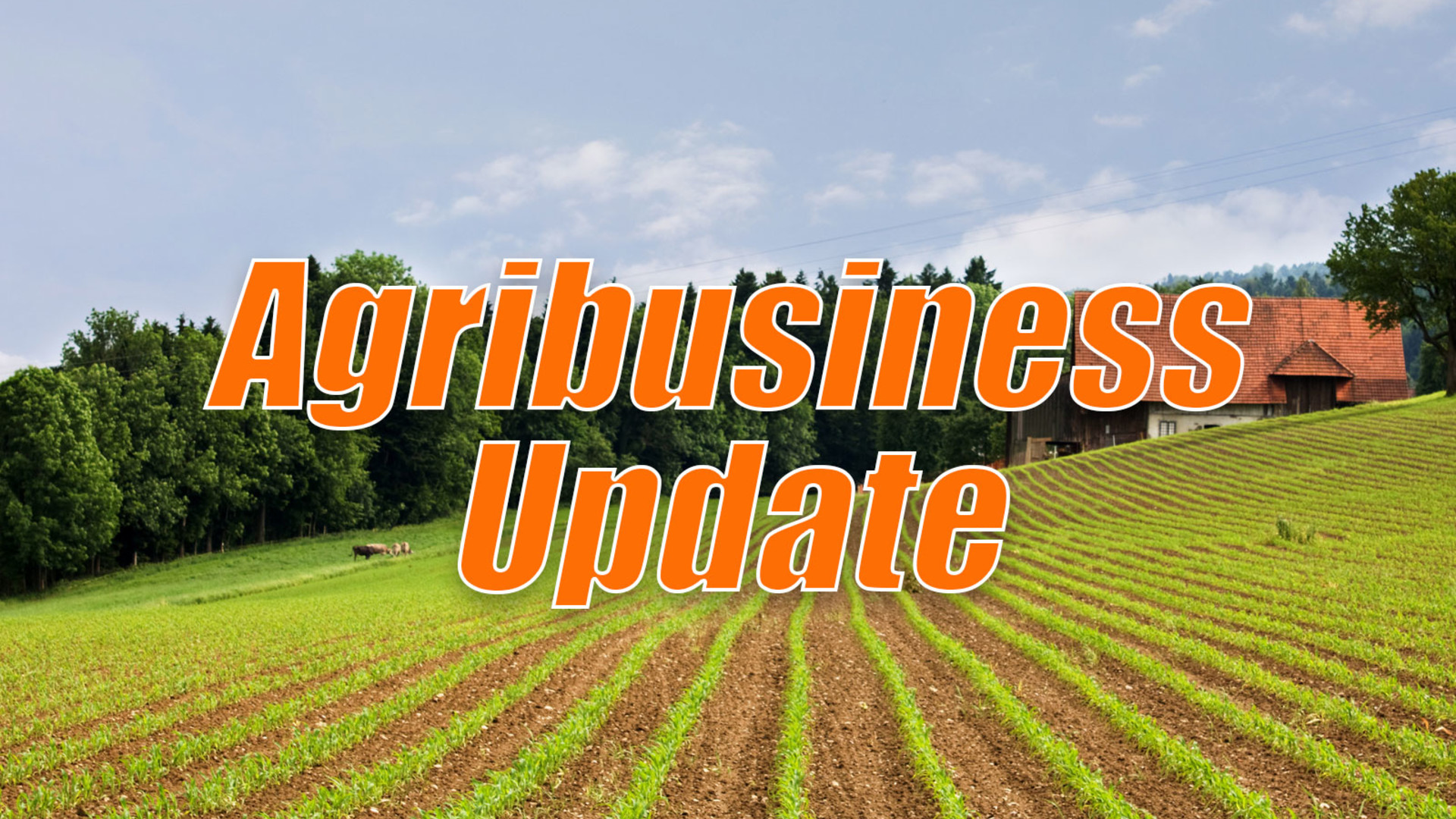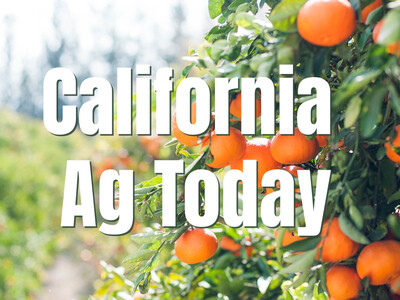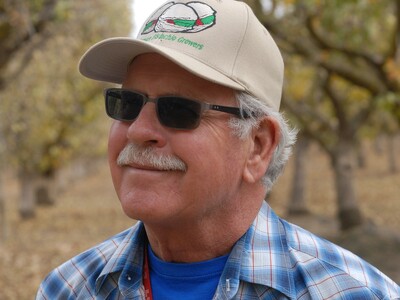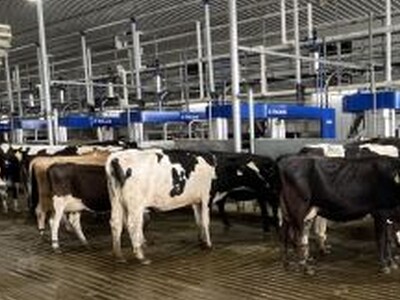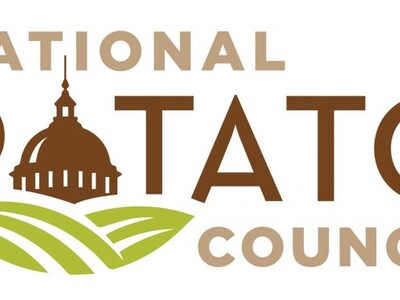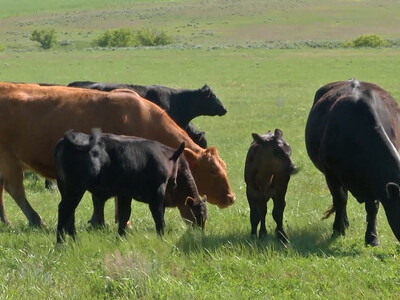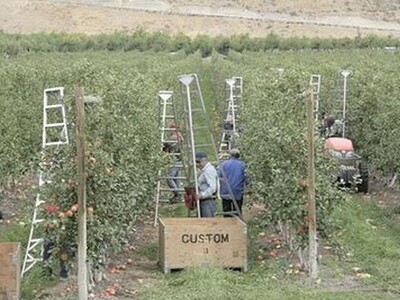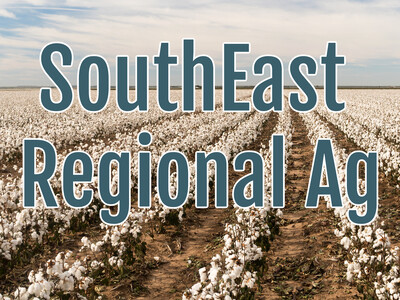2017 Natural Disasters and South Korea Lifts PNW Potato Ban
From the Ag Information Network, I'm Bob Larson with your Agribusiness Update.**2017 will be remembered as one of the most destructive and costliest years for natural disasters in U.S. history.
We witnessed three major hurricanes; Harvey, Irma and Maria. There was also a Midwest tornado outbreak in early March followed by major spring flooding in Missouri and Arkansas. And, there was the drought that turned Montana into kindling and North Dakota into a parched land.
Agweb.com reports, there were at least 17 billion-dollar natural disasters in the U.S. in 2017, many involving wildfires, some of which are still burning.
https://www.agweb.com/article/2017-a-year-of-natural-disasters/
**South Korea has rescinded a 2012 ban on table-stock potatoes from Idaho, Oregon and Washington.
According to Agweb.com, the U.S. Department of Agriculture's Animal and Plant Health Inspection Service announced the reversal on December 18th. The ban stemmed from "technical concerns" and the South Korean government has put in place new guidelines for U.S. exporters to the country.
A quota system will cap U.S. exports to South Korea in 2018 to 3,583 metric tons, but that will increase.
https://www.agweb.com/article/south-korea-allows-fresh-us-potatoes-again/
**Demand is the key to holding livestock markets in the black during 2017.
Despite increasing beef production, cattle feeders experienced a booming market last spring that padded closeouts at times in excess of $400 per head. Demand, industry analysts tell Agweb.com, was the driving force that kept pulling cattle forward and in the process a steep decline in carcass weights.
Analysts say demand should continue, but probably not without a modest decline in prices.
https://www.agweb.com/article/2018-outlook-beef-demand-vs-growing-cattle-supplies/


